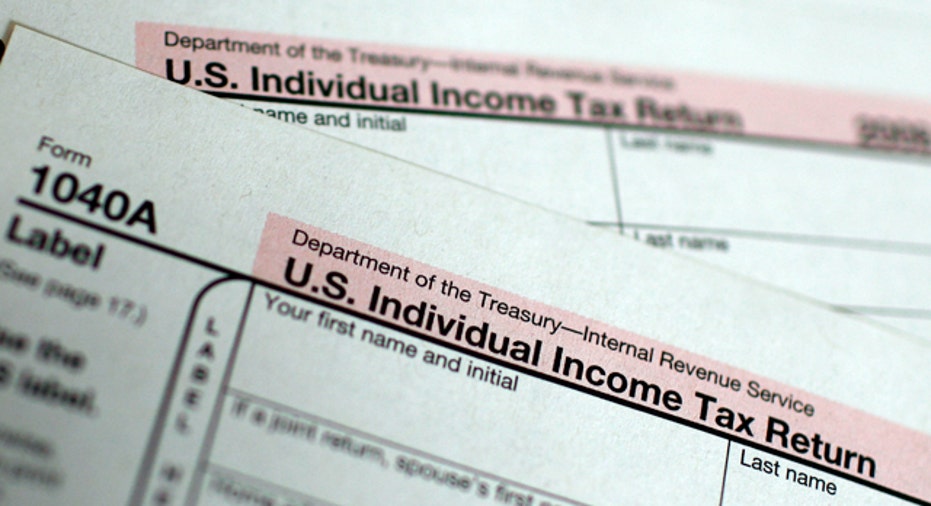Three Tips for Managing Investment Taxes

Much has been made of the fact that Mitt Romney pays a much lower tax rate than many middle-class Americans. In part, this is because Romney derives more of his earnings from investments than the typical American, and capital gains are taxed at a lower rate than wages and many other forms of interest.
Curiously, while people may resent Romney for having more money yet paying a lower tax rate than they do, many of those same people probably envy him as well -- if not for his wealth, then probably for that low tax rate. The fact is, people go to great lengths to try to minimize their tax liabilities -- so much so that these strategies are sometimes counterproductive.
Here are three concepts to keep in mind when managing the tax consequences of your investments.
1. Don't avoid taking gains just to avoid the tax liability
One advantage that stocks and other investments have is that you don't incur a tax liability until you realize the gain -- that is, until you sell. Unfortunately, some people are so averse to paying taxes that they will hold off on selling a stock just so they can delay realizing the gain. This is often a mistake.
Remember, the tax rate applies just to the amount of your gain on the stock, while market fluctuations will affect the entire value of that stock. In other words, you typically have more to lose from investment risk than from the tax liability. It may make sense to hold off on selling for a couple weeks if it is very near the end of the year, but don't push you luck by waiting too long.
2. Be careful that harvesting losses doesn't mean missing opportunities
A favorite tax strategy of many investors is harvesting losses near the end of the year. This means selling stocks that are down, so you can use those losses to offset your gains. The problem is that IRS rules require you to wait 30 days before you repurchase the stock, or else you cannot claim the loss. So, you have to be careful that you don't miss a rebound in the stock while you are waiting. Think carefully about the size of the tax liability you'll be avoiding compared to the potential opportunity cost of being out of the stock at the wrong time.
3. Consider tax status when setting your allocation across portfolios
Some financial planners recommend that you concentrate income-producing securities in tax-deferred portfolios, such as an IRA or 401(k) plan, while concentrating stocks in an after-tax portfolio, if you have one. This is because the tax rate on income is typically higher than the tax on capital gains, so you will benefit more from earning interest in a tax-deferred portfolio. However, with bond yields and savings account rates so low, this strategy will be less rewarding than in a higher interest rate environment. Also, emergency funds and any other money you might need to get at in a hurry should not be put in a tax-deferred portfolio.
Remember, tax liabilities only amount to a portion of your investment gains. Therefore, by definition those investment gains will always be larger than your tax liability from investing, so investment considerations should by the primary factor in your decision-making.
The original article can be found at Money-Rates.com:3 tips for managing investment taxes



















